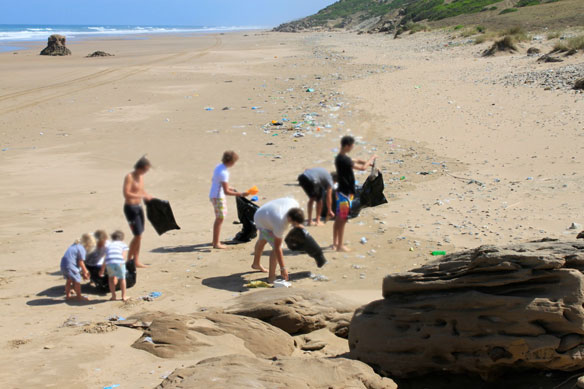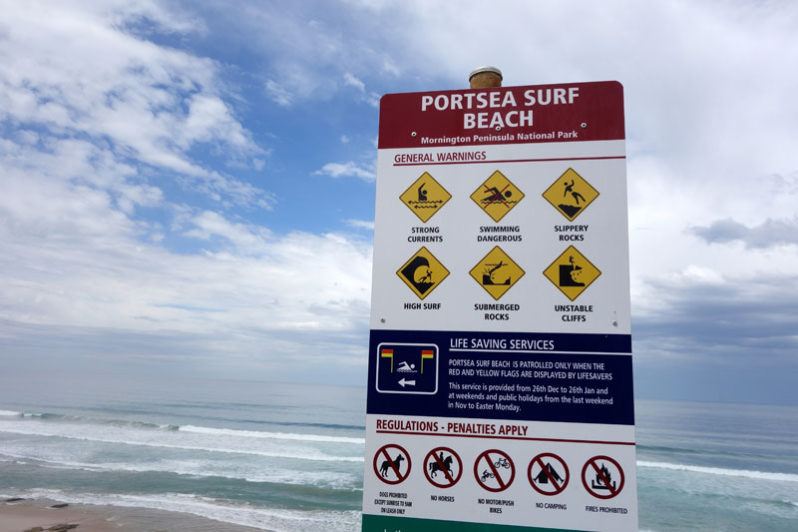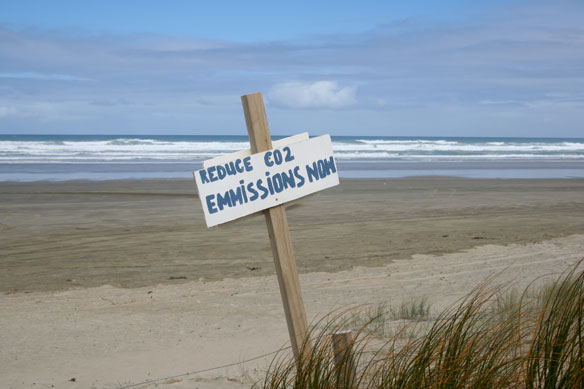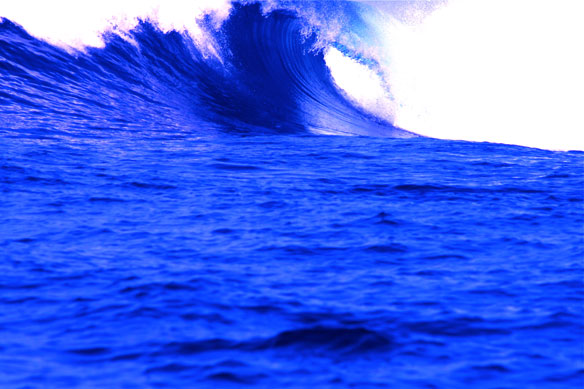The World’s Cruise Ships Can’t Sail. Now, What to Do With Them?

Super-sized cruise ship, Venice, Italy. Photograph: © SAF – Coastal Care “Environmentalists have long railed against what they brand “sea monsters,” virtually floating cities, each pumping massive amounts of greenhouse gases — sailing perilously close to the sea coast to thrill passengers aboard”… Excerpts; Idling through the pandemic isn’t just bad for the cruise company’s […]
Surfrider’s 2019 Beach Cleanup Report

Surfrider released the 2019 Beach Cleanup Report today, confirming that plastic is the most common material found on the beaches and the percentage of microplastics continues to increase. Nine out of the top ten items collected on the beaches were plastic, and 25% of all items collected were plastic fragments smaller than a dime.
Rising Seas Threaten an American Institution: The 30-Year Mortgage

Up and down the coastline, rising seas and climate change are transforming a fixture of American homeownership that dates back generations: the classic 30-year mortgage.
Concerns surround around beach safety following 8-year-old boy buried by sand

While many beach goers are aware of the dangers of the water, sand can be just as dangerous.
Deforestation in Brazil Continues to Surge, Up 10.7 Percent in June

Deforestation in Brazil’s Amazon rainforest rose 10.7 percent last month compared to June 2019, the 14th consecutive month of worsening tree loss, according to new data from the country’s national space research agency, INPE. In the first half of 2020, deforestation was up 25 percent.
Relentless heat wave to bake the U.S. for “multiple weeks”

The National Weather Service is forecasting 75 or more record-high temperatures to be approached or broken from Friday to Tuesday alone, and that number is likely to grow significantly into next week.
Model suggests it could take decades for planet to start cooling after emissions are reduced

A trio of researchers at the CICERO Center for International Climate Research in Oslo, Norway, has found evidence that it could take decades for the planet to start cooling after human greenhouse gas emissions are reduced.
Climate change may cause extreme waves in Arctic

Extreme ocean surface waves with a devastating impact on coastal communities and infrastructure in the Arctic may become larger due to climate change, according to a new study.
First direct evidence of ocean mixing across the Gulf Stream

New research provides the first direct evidence for the Gulf Stream blender effect, identifying a new mechanism of mixing water across the swift-moving current. The results have important implications for weather, climate and fisheries because ocean mixing plays a critical role in these processes.
